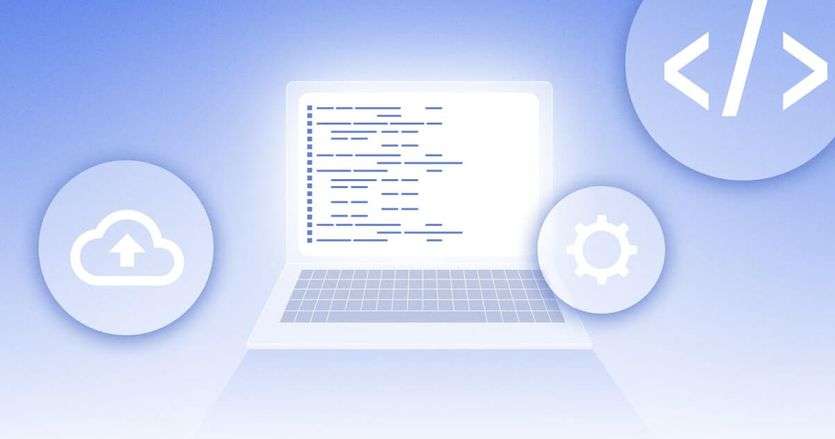Artificial Intelligence and Machine Learning: AI and ML are transforming the way web applications are developed and used. AI can be used to personalize user experiences by analyzing user data and providing recommendations based on that data. This can lead to improved customer satisfaction and increased conversions. AI can also be used to automate tedious tasks and make web applications more efficient. Progressive Web Apps: PWAs are web applications that look and feel like native mobile apps but run in a web browser. PWAs offer faster load times and offline functionality, making them a great option for web applications that need to be fast and responsive. They also do not require app store approval, making them a more flexible option for web developers. Voice and Chatbots: Voice assistants and chatbots are becoming increasingly popular and are expected to play a major role in the future of web development. They provide users with an alternative to traditional interfaces and allow them to interact with web applications using natural language. Voice and chatbots can also be used to automate customer service and support, freeing up resources for other tasks. 5G Network and Edge Computing: 5G networks are expected to bring faster and more reliable internet speeds, which will have a significant impact on the way web applications are developed and used. Edge computing will also become increasingly important, as it will allow web applications to process data closer to the user, reducing latency and improving performance. Virtual and Augmented Reality: VR and AR are expected to play a significant role in the future of web development. They can be used to create immersive and interactive experiences for users, improving the overall user experience. VR and AR can also be used for training, education and marketing purposes. Blockchain: Blockchain technology has the potential to revolutionize the way web applications are developed and used. It can be used to secure and decentralize data, making it a secure option for web applications that handle sensitive information. Blockchain can also be used to create decentralized applications (dApps), which can operate without a central authority, providing users with more control over their data. Quantum Computing: Quantum computing has the potential to revolutionize the way web applications are developed and used. It can be used to solve complex problems and perform calculations much faster than traditional computers. This could lead to the development of new web applications and services that were previously not possible. In conclusion, the future of web development is bright and exciting, with many new technologies emerging that are set to transform the way web applications are developed and used. Web developers will need to be adaptable and keep up to date with these new technologies to stay ahead of the curve. The focus will continue to be on improving user experience, speed, security and accessibility.
The Future of Web Development
Emerging Technologies and Their Impact on the Industry




